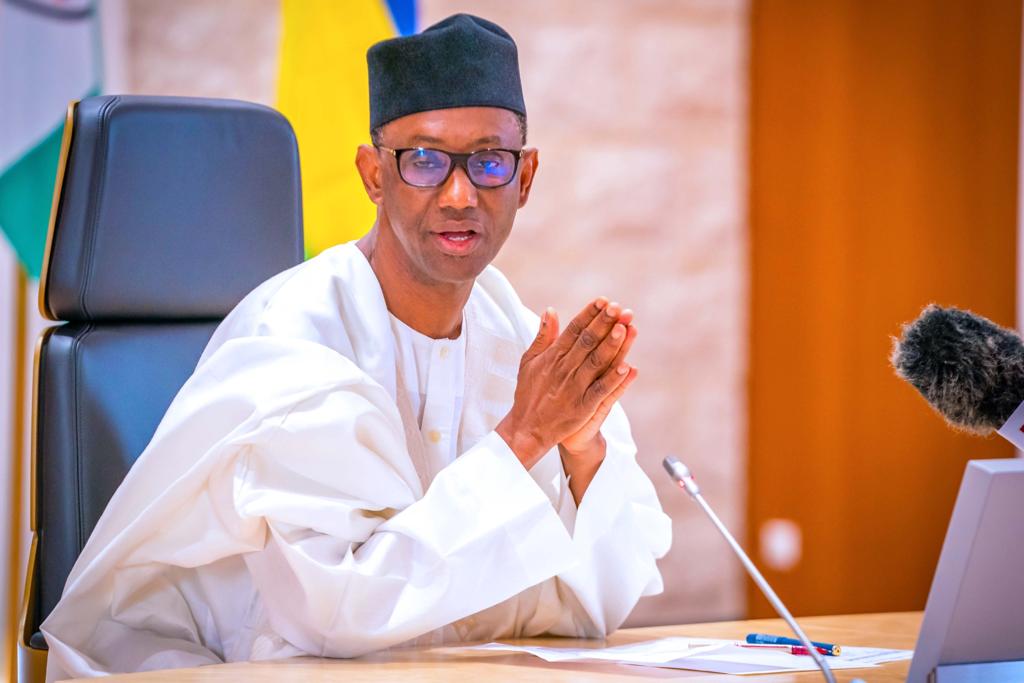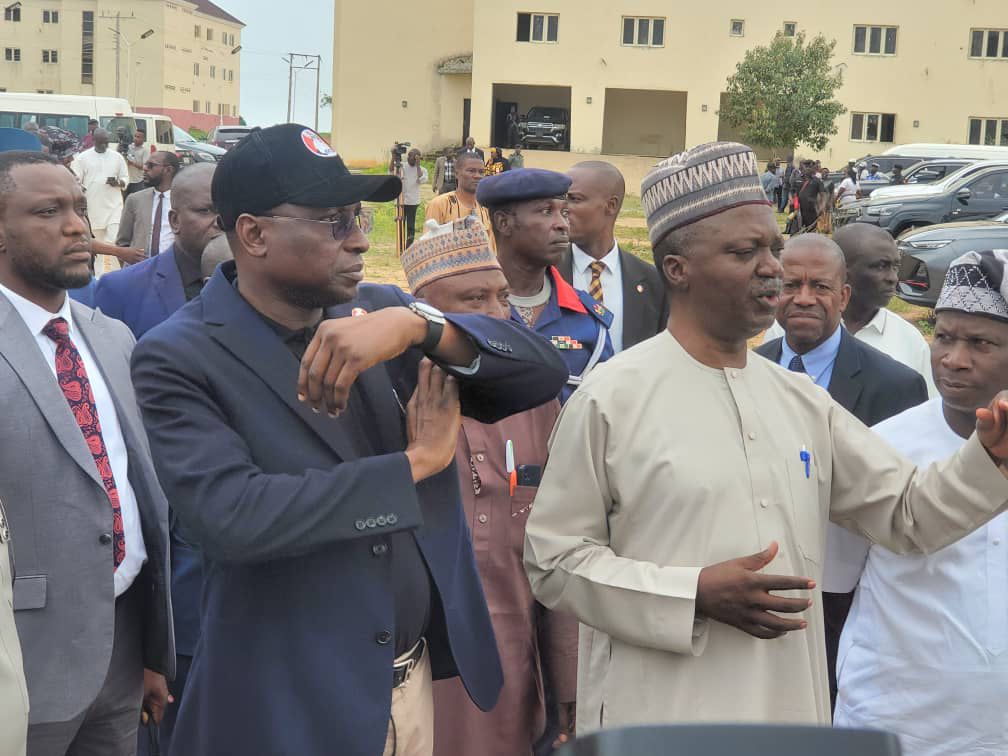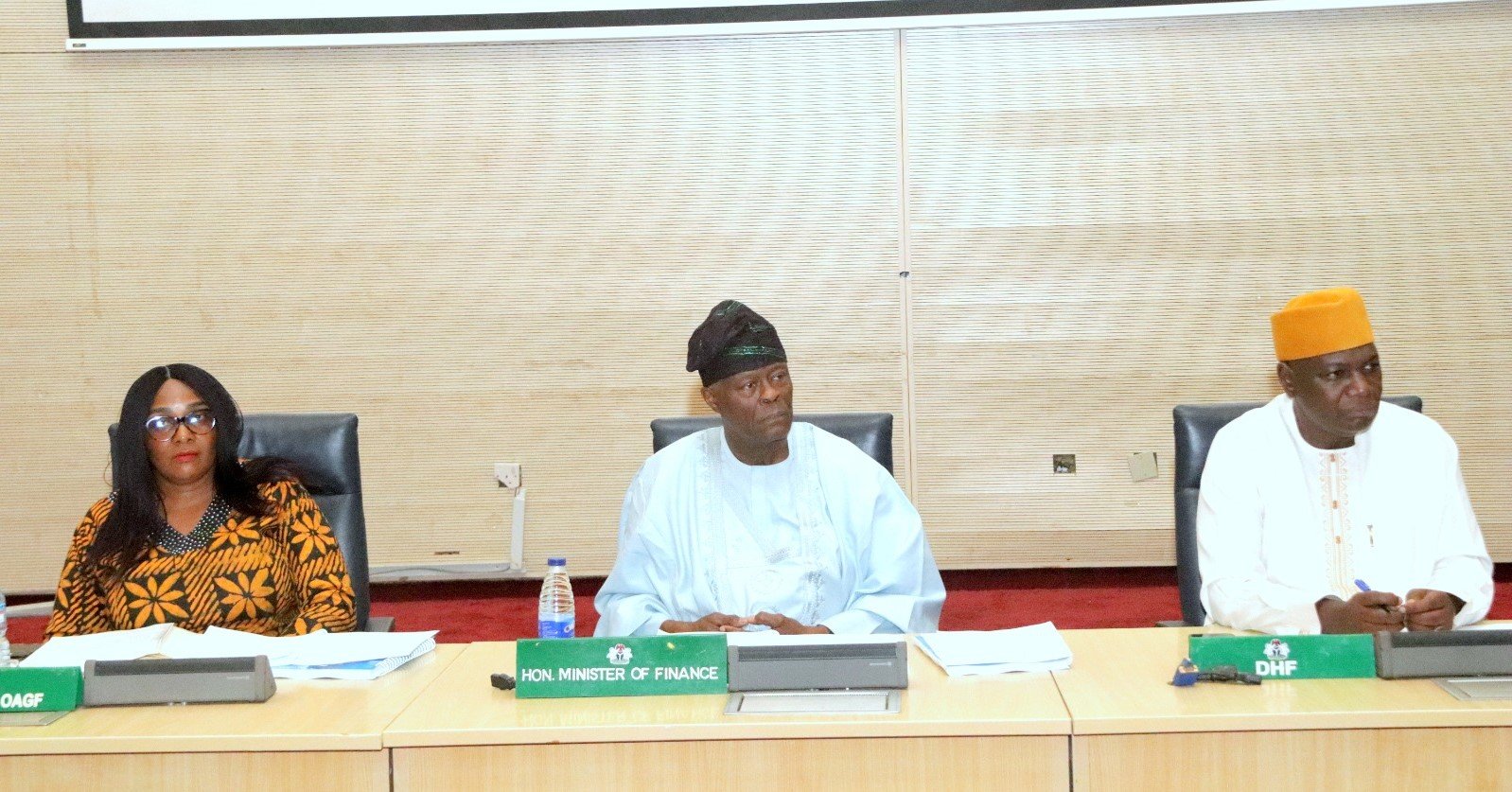Battery energy storage critical to stabilise SA's grid
Bernard Janse van Rensburg, Logistics & Procurement Manager at Mulilo, highlights that as the global energy transition advances, South Africa is quietly becoming a major player in one of the fastest-growing areas of the energy sector: Battery Energy Storage Systems (BESS). With 1.3 GWh of installed capacity, South Africa now ranks eighth globally, according to a recent benchmark study by Rho Motion. Energy experts recognise that this is a remarkable position to be in, especially for an emerging market still battling the legacy of load shedding and ageing infrastructure.

At the Africa Energy Forum (AEF) held in Cape Town from 17 to 20 June, the role of BESS in stabilising Africa’s electricity grids was one of the topics under discussion. Janse van Rensburg says South Africa’s progress offers a valuable case study – one increasingly shaped by independent power producers (IPPs) like Mulilo. The company was awarded preferred bidder status for four of the five projects in Bid Window 3 of the country’s BESIPPP Programme, as announced by Minister of Electricity and Energy, Dr Kgosientsho Ramokgopa, at the end of May.
“Battery storage is now essential to South Africa’s energy future,” Janse van Rensburg says. “It allows us to harness solar and wind energy when it’s abundant and then distribute it when it’s needed most, filling the gap left by baseload power and effectively stabilising the national grid.”
BESS store energy typically generated from renewable sources or off-peak grid supply. With the energy stored, these systems can discharge the power when demand surges. For South Africa, as it works towards stabilising electricity supply, the technology holds significant promise.
Most of South Africa’s current projects use lithium-iron-phosphate (LFP) batteries, which are prized for their thermal stability and long lifecycle. However, as new procurement windows emerge, alternative chemistries such as flow batteries and solid-state storage are entering the conversation, especially for longer-duration applications, which are essential for large nationwide infrastructure tenders.
“What makes battery storage so attractive is its versatility,” Janse van Rensburg explains. “Beyond energy shifting, BESS can help balance the frequency of the grid, reduce the need for expensive diesel-fuelled peaking plants, and possibly defer transmission upgrades.”
Much of the country’s recent progress stems from the Battery Energy Storage Independent Power Producer Procurement Programme (BESIPPPP), the government-led initiative to bring large-scale storage online.
In the first round of bidding, Mulilo secured 1 GWh of storage capacity in partnership with French energy company EDF. The second round saw the company sweep all five of its submitted projects, adding a further 1.5 GWh to its portfolio. In the most recent bidding round (as noted above), Mulilo was awarded four projects with a total capacity of 1.97 GWh.
“The demand from Eskom is there, the technology is ready, and the private sector is mobilised,” says Janse van Rensburg. “What we need now is consistency in procurement, opening up of the live market and clarity on stacked revenue models which make full use of all the benefits to unlock long-term investment.”
Despite South Africa’s early adoption of BESS, challenges remain. IPPs like Mulilo experience delays in accessing the grid, along with other regulatory and funding issues.
“We need to simplify the interface between public and private sector players,” says Janse van Rensburg. “Failing to act could undermine the momentum we've established.”
He says one of the biggest missed opportunities is the lack of revenue stacking – a mechanism used internationally to enable BESS projects to participate in multiple markets, from energy trading to ancillary services to capacity provision. “Without it, developers are restricted to a single income stream, limiting the business case to achieve more competitive tariffs”
As South Africa embraces a Just Energy Transition in the fast-changing energy landscape, Janse van Rensburg says Mulilo has repositioned itself as a vertically integrated IPP, managing all aspects from land acquisition to engineering, construction, and long-term operations. This strategy is central to the company’s aims. “We see battery storage not as a bolt-on but as an essential component of the future energy supply mix. In solar, wind, or hybrid developments, BESS is the enabling technology and will be part of the design from day one,” says Janse van Rensburg.
“If we can get the regulatory and commercial models right, South Africa could become a global leader, in battery deployment, and in demonstrating how a country can transform an entire national grid,” Janse van Rensburg concludes.
For more information visit: www.mulilo.com









